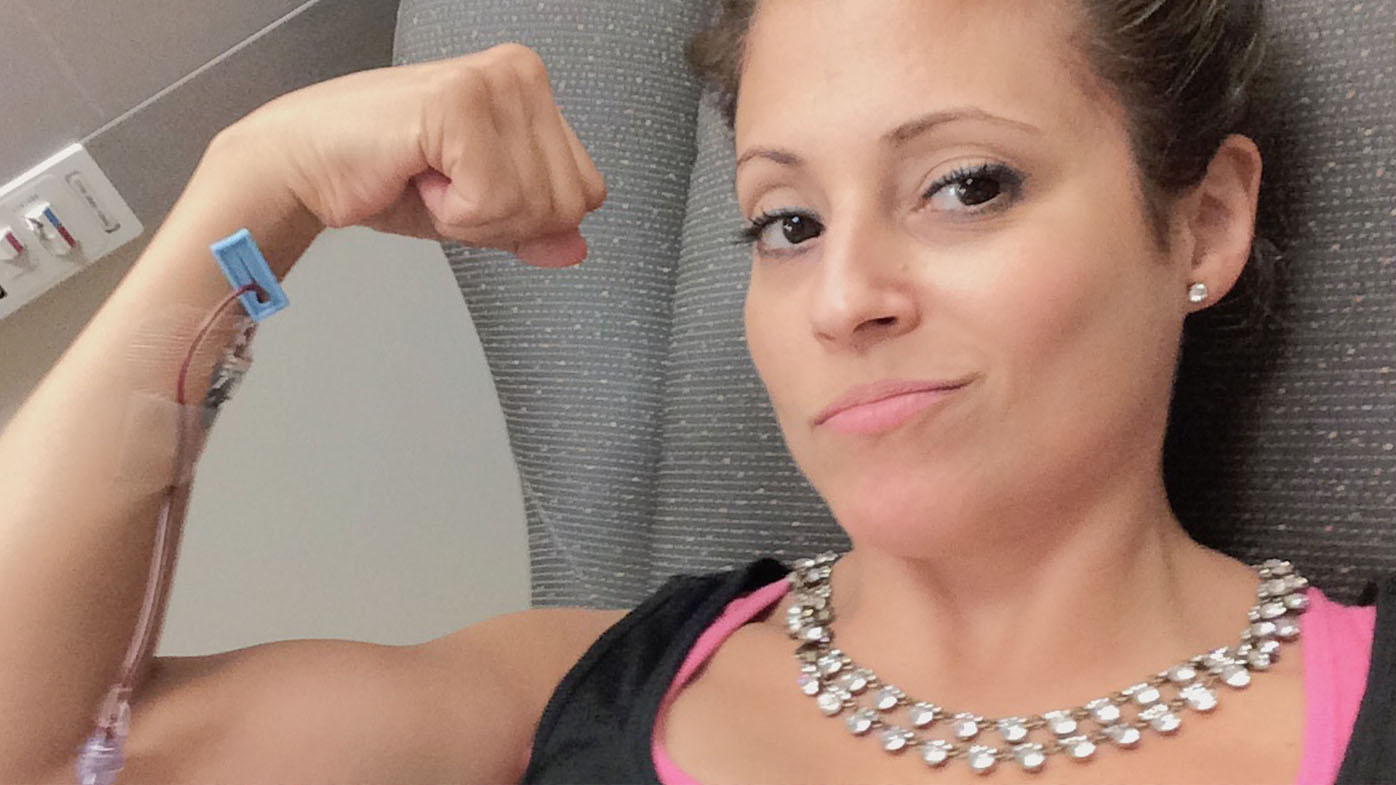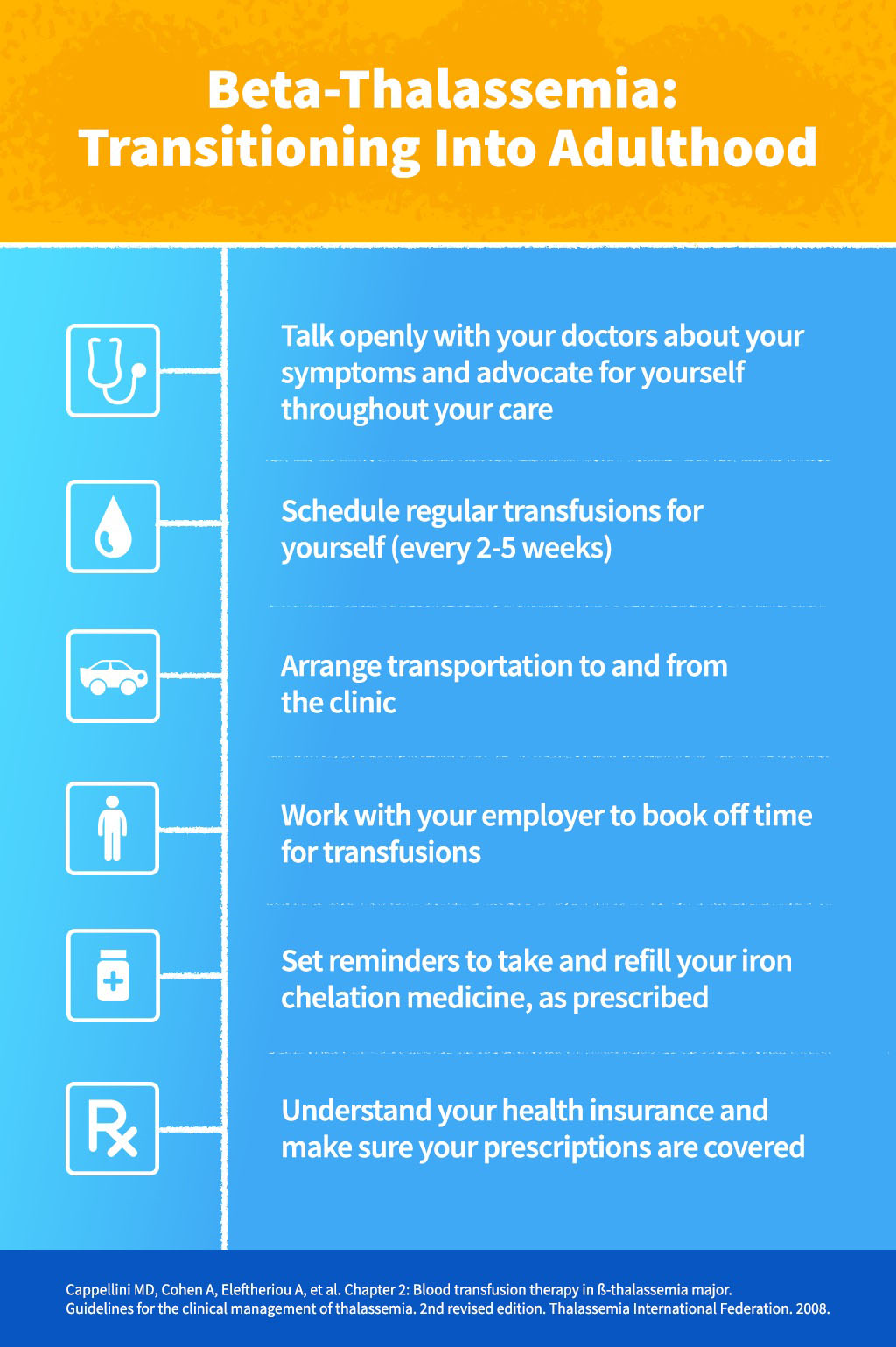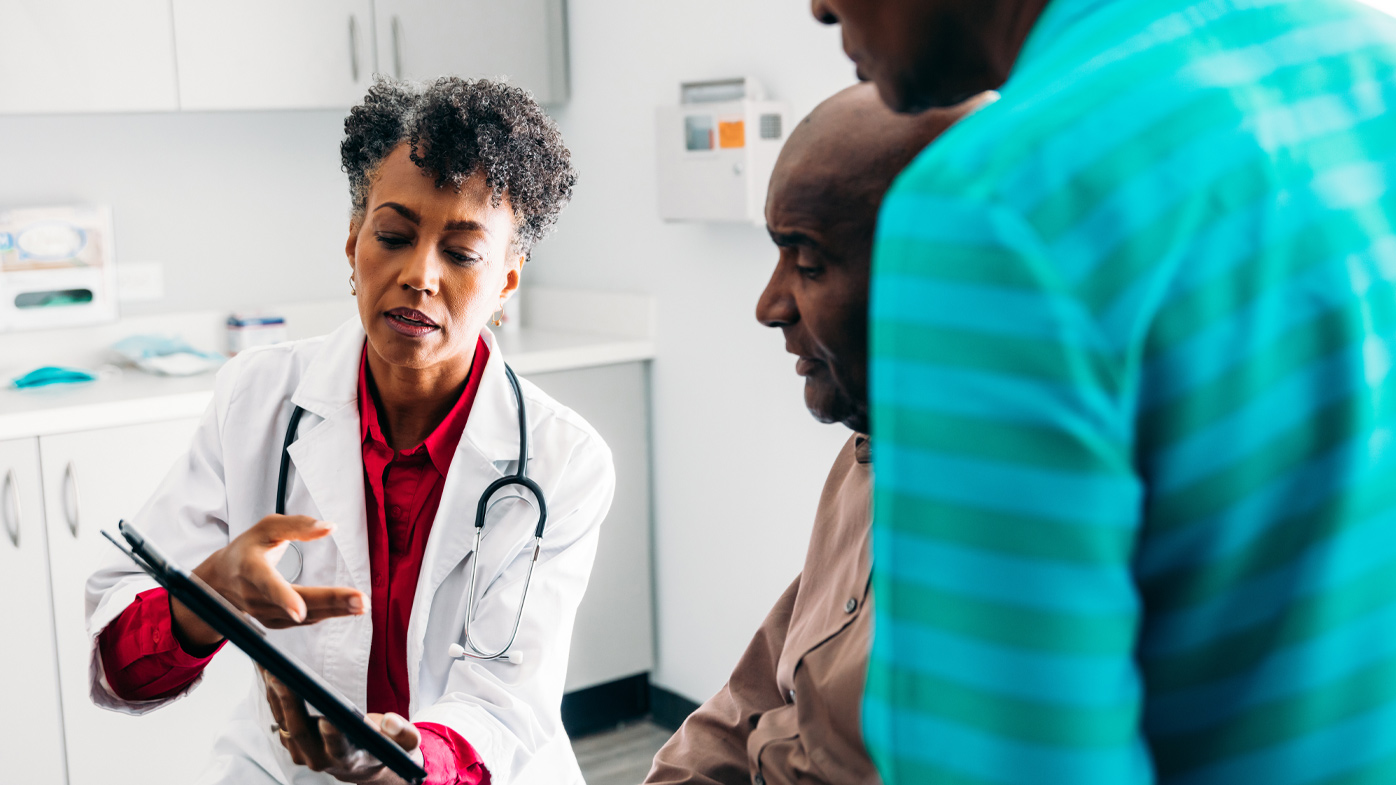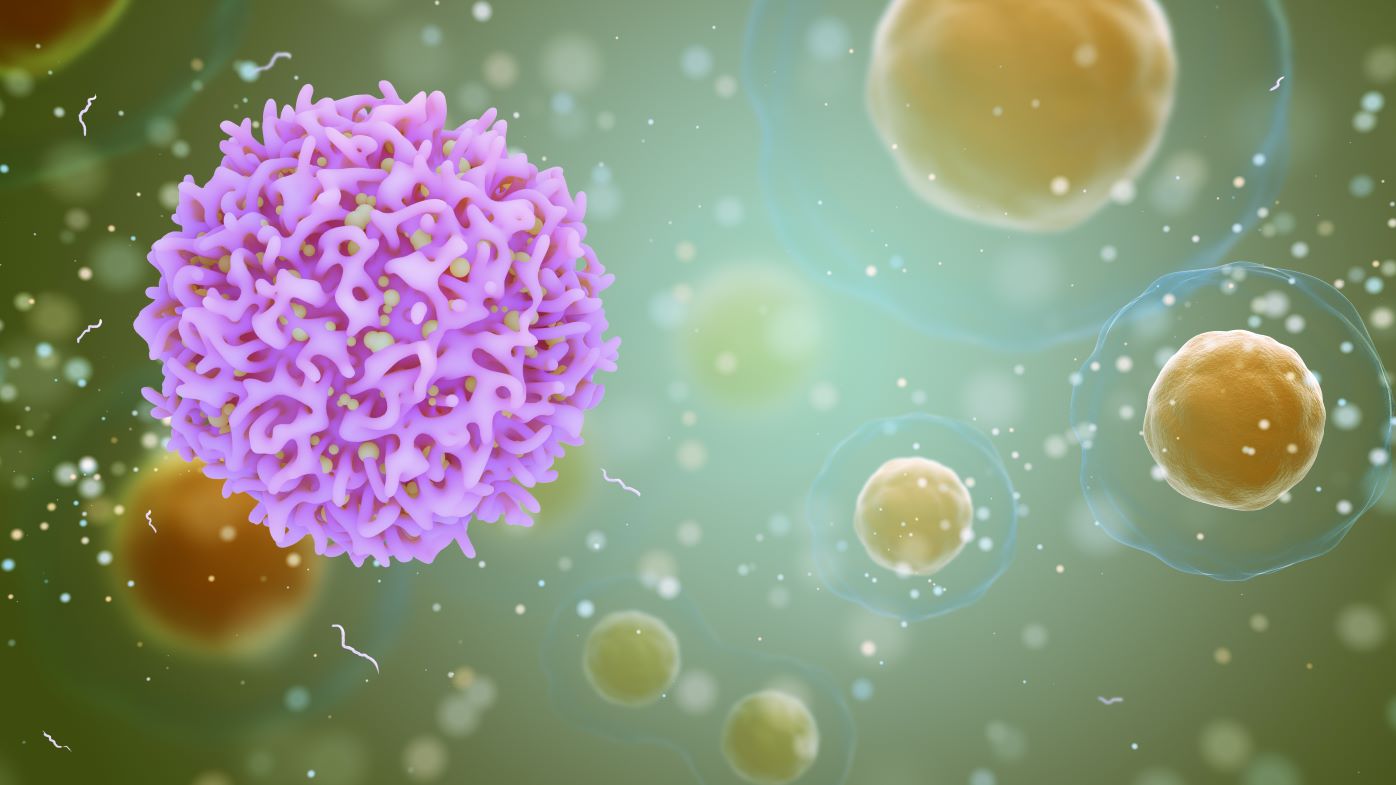
Josephine is now 42 and doesn’t have her mother with her during transfusions anymore. She’s responsible for her own care and independently deals with the impact of her rare disease. But the transition from relying on her parents to owning her care wasn’t very smooth. That’s why for this year’s International Thalassemia Day, Josephine offers some advice to young adults who will also one day be responsible for their own beta-thalassemia care.
Talk to others about your disease
When Josephine was growing up in Long Island, NY, she felt lonely and alienated in elementary school because of her rare disease. Her small body required weekly blood transfusions, which forced her to be absent from school more often than others. She felt that her classmates viewed her as “different” and that she had to hide her condition to make friends.
Her teachers didn’t know much about her rare disease. At the time, there were few resources available for anyone to learn about beta-thalassemia.
“Teachers were afraid I would get hurt on the playground,” Josephine said. “They would keep me in the classroom during recess, which made me feel like a social outcast.” When she came home, she cried to her parents about the experience.
Fortunately for her, high school brought a fresh start. Josephine made new friends who were supportive and this made her feel more comfortable speaking about her condition.
As she learned more about her illness, she was able to explain it better to her friends. For her, talking to others about what she was going through with her rare disease, instead of trying to hide it, helped her feel better. This reduced some of the emotional and social stress in her life.
Don’t be afraid to talk to your doctor about your treatment
Most teenagers want more freedom, independence and control in their lives. For Josephine, part of that independence meant preparing her chelation medicine and taking herself to her blood transfusion appointments after she passed her driver’s test.
But there were moments when she struggled as she learned to take control of her care. For instance, in her 20’s, she switched from a pediatric to an adult hematologist. After the switch, the hospital’s blood bank staff informed her new doctor that they were going to stop washing her donor’s cells, a process that removes most of the plasma proteins from a donor’s red blood cells to reduce potential allergic reactions.
Josephine knew that she’d had transfusion reactions in the past, which is why they initially began washing the blood that she received. While Josephine was concerned, she said nothing. She assumed that the blood bank staff and her doctor knew better than she did. Who was she to question them?
She, unfortunately, had an adverse reaction during her next transfusion. She still said nothing. Then her next transfusion caused another reaction. That was when she knew she had to speak up for herself.
“If I didn’t finally speak up and say something, maybe I wouldn’t be here right now.” Looking back, she wished she had coordinated more communication between the new and old doctors. “My patient file was so thick; I don’t know how much of it my new doctor read or understood.”
Soon after that, she decided to move to New York City, partly for her career and partly because there were more specialists familiar with treating beta-thalassemia there.



